New Electric Cars in 2024
- Which new electric cars we will see this year
- The benefits of a new electric car
- Electric vs petrol price parity
The electric vehicle scene exploded in 2022. The sale of full EVs made up 14% of all new global car sales that year. New electric cars help you make a better contribution to the environment, requiring much less maintenance than a petrol or diesel model. If you’re looking to see why you should buy a new electric car in 2024, or you’re interested to see which new electric cars the year will bring us, this is the article for you.
This article will take a look at the new electric cars in 2024 that are either already on the market or will be this year. It will go over a selection of EVs and will include charging times from 10–80%, as well as expected mileage. Finally, sections are included at the end that explain how to charge an EV and whether it’s better to buy new or used.
Need an EV charger? Use our online quote comparison tool to find out how much you’d pay in your area. It only takes a minute.
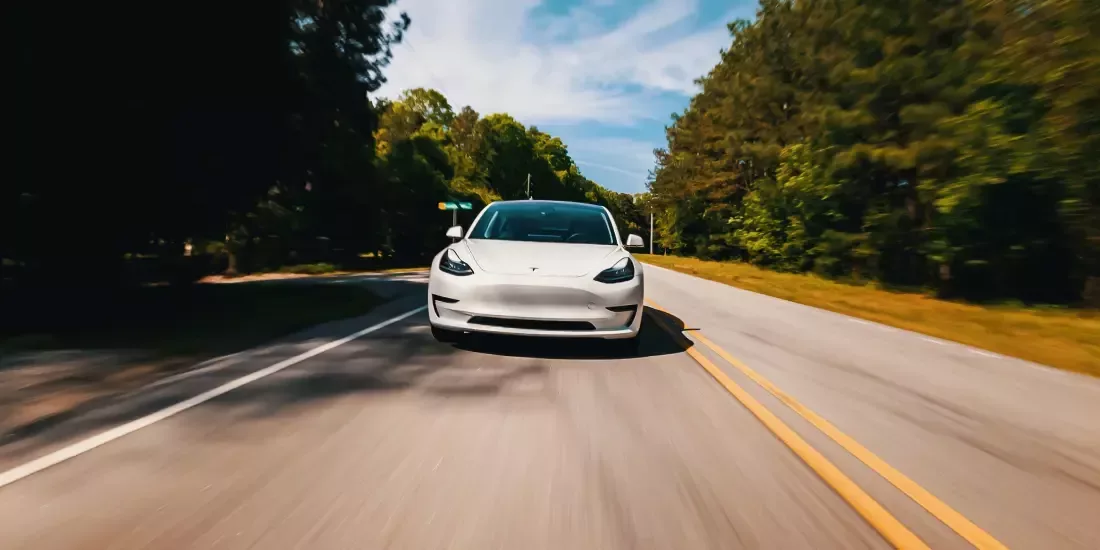
What's On This Page?
Click the links below and head straight to a specific section of the article.
Why 2024 Electric Cars Are All the Rage
In the UK, the sale of new electric cars increased by 40% in 2022 alone. More and more drivers are looking to do their bit for the environment and remove harmful exhaust emissions from the roads. So many car manufacturers are now offering their own green vehicles for the first time, which is useful to see as the ban on the sale of new non-electric cars in the UK looms ever closer.
Key Advantages to New Electric Cars
Despite the global semiconductor shortage and limit on resources due to various factors, there are still a number of benefits to buying a new electric car. Technology is also improving year on year, so EV ranges only ever go up as innovation drives better new electric cars onto the market.
You can benefit from:
Cheaper running costs
An eco-friendlier option
A smoother driving experience
No congestion charge
If you’re looking for a more cost-effective driving option, EVs are still cheaper to run than petrol or diesel cars, despite the soaring costs of energy. Also, new electric cars are incredibly smooth to drive as they only have a forwards or backwards option, cutting down on gears and mechanical parts.
You won’t be emitting any emissions either, so you won’t pay any congestion charge. Additionally, you can get money towards the cost of installing a home EV chargepoint for your new electric car.
Are 2024 Electric Cars Expensive?
New electric cars have always come at a premium, but prices are starting to fall in line with traditional petrol and diesel cars. As manufacturers are being forced to break away from the traditional petrol and diesel models and offer hybrid or fully electric vehicles by 2030, price parity will start to come along as more resources are given to EV development.
Having said this, a recent report expects new electric cars to increase by 10% from 2024. This is due to Brexit red tape as tariff exemptions for EVs are due to expire on 31st December 2023. Unless new electric cars are substantially made in the UK, they won’t qualify for zero tariffs.
However, it’s not all doom and gloom, as new electric cars are expected to become cheaper than fossil fuel vehicles in Europe between 2025 and 2027, depending on the car type. An analysis by Bloomberg NEF in 2021 shows that vans will be the first to reach this point, followed by small and medium cars, as seen in the graph below.
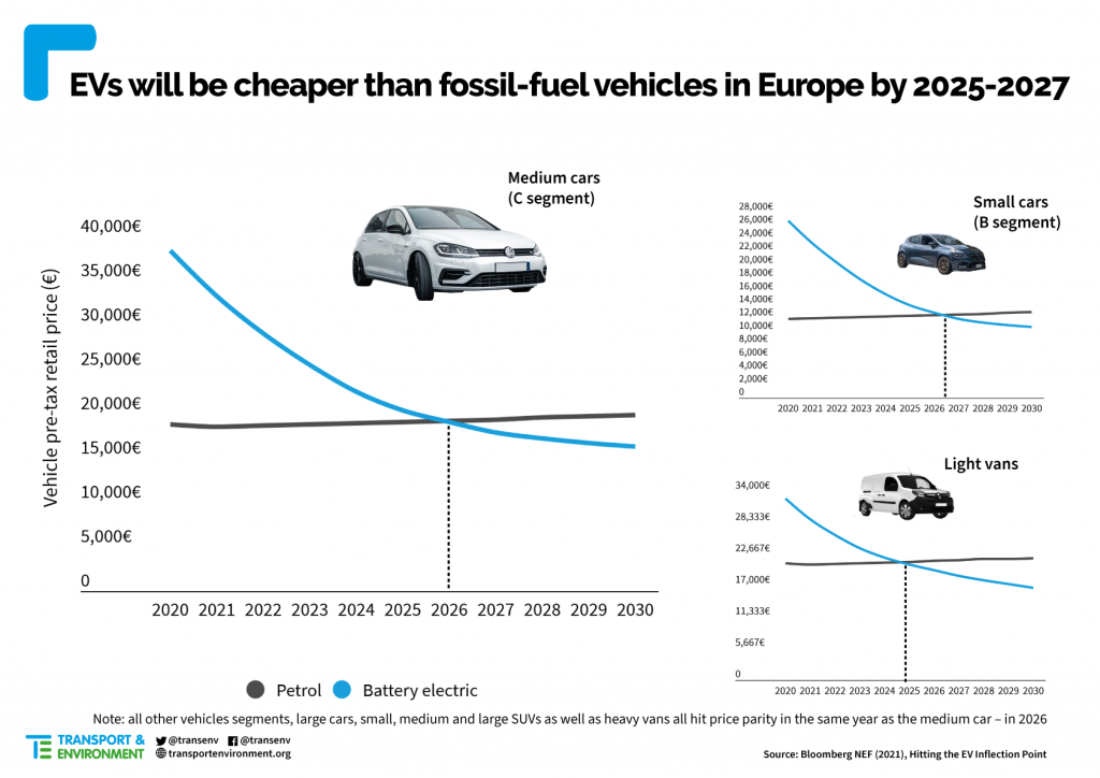
What Ranges Can We Expect?
The range of new electric cars has only ever increased as the years have gone on. Range anxiety has consequently been reduced too. On a single charge, people typically want to see 200-300 miles.
The average range of new electric cars tends to be around 275 miles, but this depends on the type and size of vehicle, as smaller EVs will have smaller batteries and won’t go as far. The list of new cars for 2024 included below shows EVs with ranges between 275-435 miles, so this shouldn’t be any cause for worry.
With a home EV charger, you won’t have to worry about finding somewhere near you to charge your vehicle. Find out how much you’d pay for one by clicking on the button below.
Electric Cars 2024 Will See
Here is a list of a few new electric cars that will appear in UK markets this year. Demand in EVs is on the rise, so let’s hope infrastructure can keep up.
Ford Explorer
£40,000
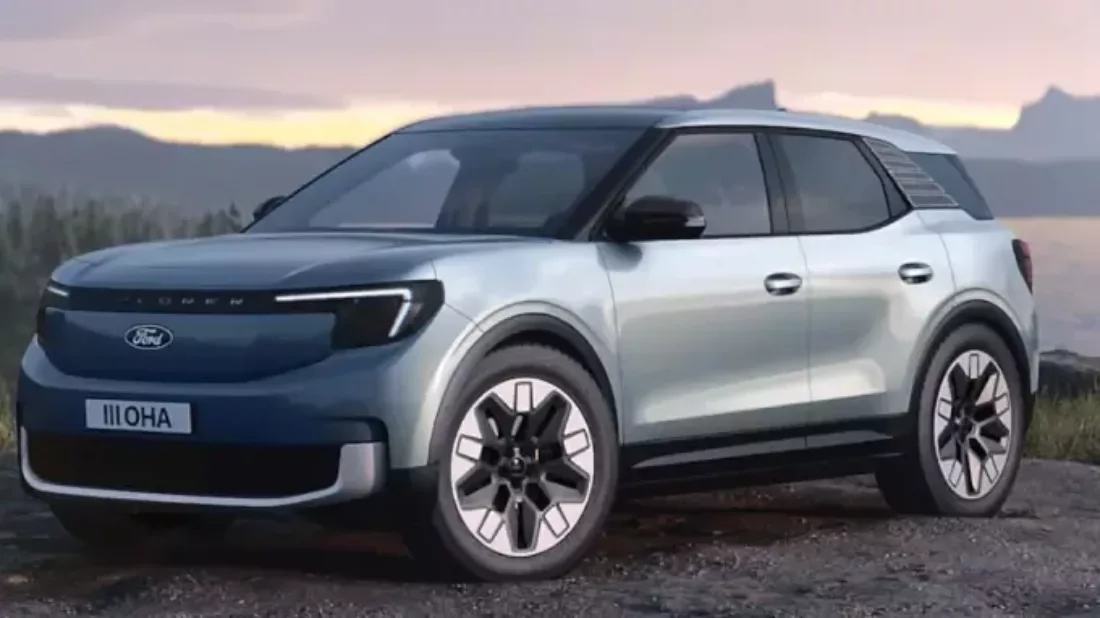
Originally planned for 2024 release, this model has been delayed until the summer of 2024 due to various battery issues. It will most likely come with a 52kWh or 77kWh battery, which will give anything from 201–335bhp. You can get from 10–80% in 25 minutes.
Lotus Emeya
£90,000
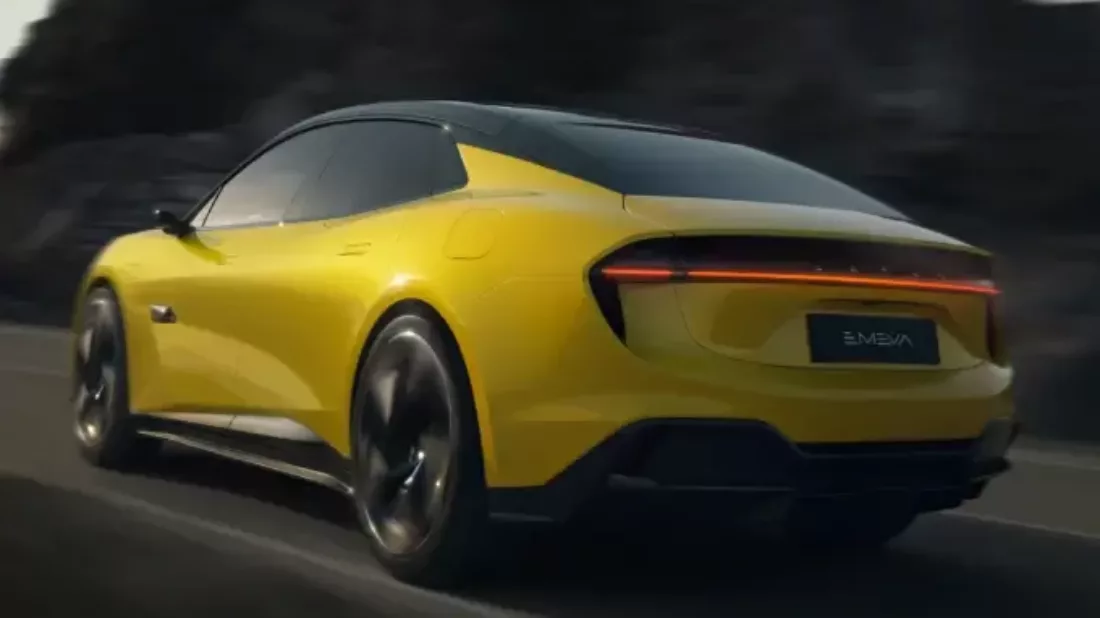
Lotus now has a second SUV, after the Eletre, and is bringing out its third EV. Featuring an impressive 893bhp, the Emeya can go from 0–62mph in 2.8 seconds. With a charge from 10–80% taking as little as 18 minutes, it’s certainly an impressive model. The 102kWh battery pack is expected to have a range of 315 miles at the very least.
Mini Countryman
£41,500
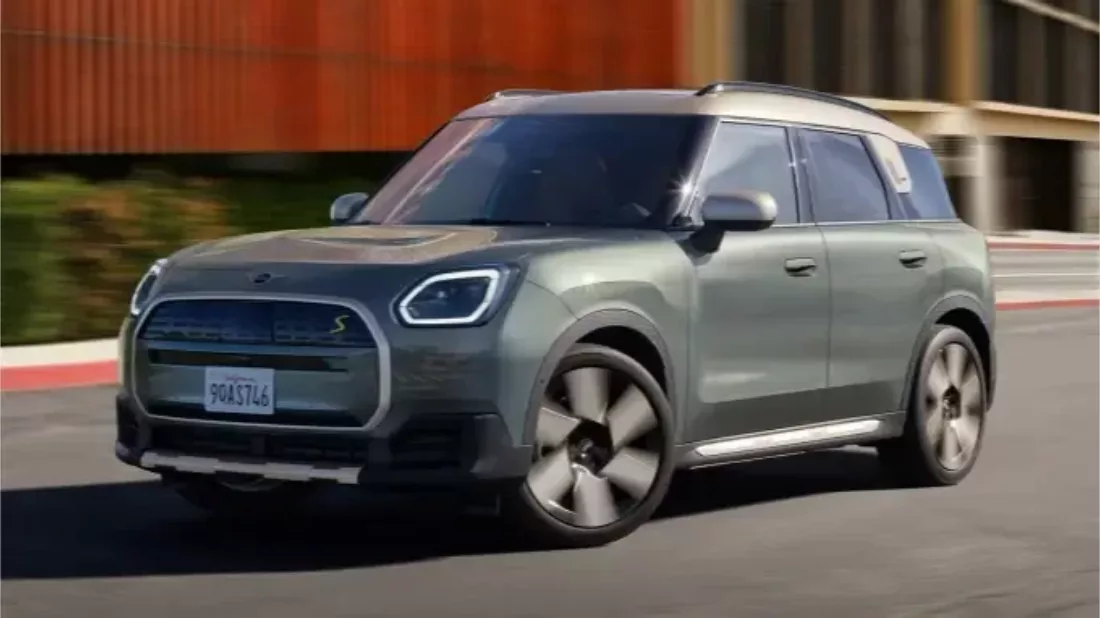
Later this year, the fully electric Countryman will arrive, which adds more internal space. A bigger 64.7kWh battery can operate for up to 287 miles, and the 201bhp motor can go from 0–62mph in 8.6 seconds.
Volkswagen ID.7
£55,570
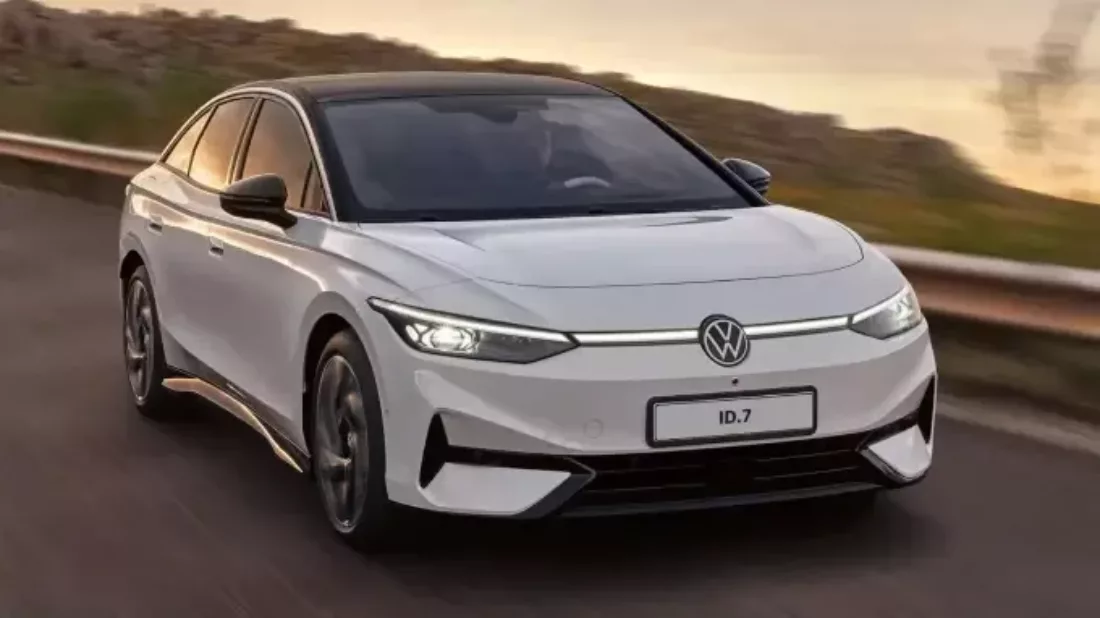
This version of the VW ID improves the range and the charging rate. The battery can be charged at a rate of 200kW and the range is now at an impressive 435 miles. An 86kWh unit is capable of charging at 200kW and can go up to 435 miles, but smaller units will go 380 miles.
Smart #1
£35,950
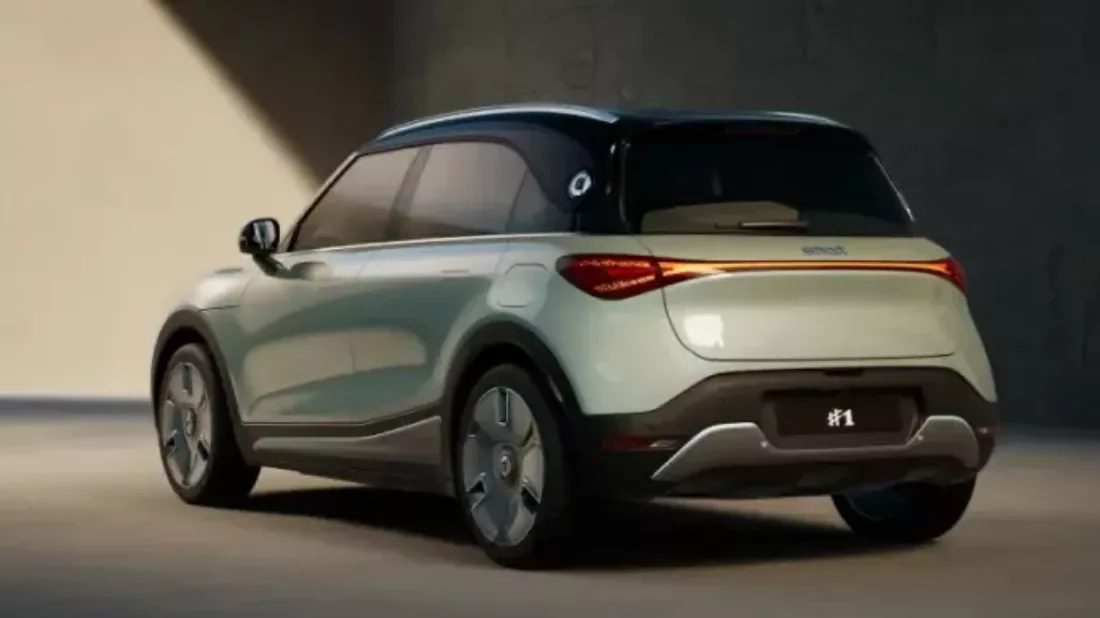
Smart has come up with an electric SUV with a range of up to 273 miles. Charging this car from 10–80% will take less than 30 minutes. Various models offer brake horse power from 268 all the way to 422. This is the difference in getting from 0–62mph in 6.7 seconds or 3.9 seconds.
BMW iX2
£57,445
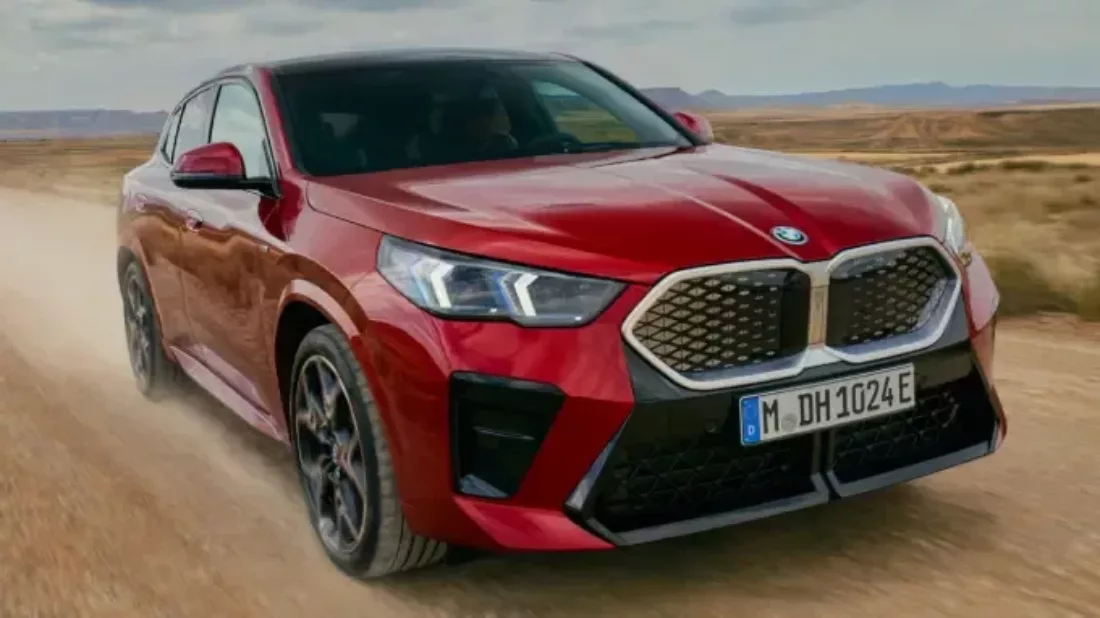
The update to the iX1 SUV, this model features 308bhp and goes from 0–62mph in 5.6 seconds. While the top speed is capped at 112mph, the battery can give you a driving range of 266 miles. Charging from 10–80% can take 29 minutes.
How To Charge an EV
There are around 53,000 charge points across the UK, and this will include Slow, Fast, Rapid and Ultra-rapid charging, which come at different costs. The faster the charge you want, the more expensive it will be.
Slow chargers can take between 8–10 hours, while Rapid chargers can take as little as 30–60 minutes. Ultra-rapid chargers can take only 20 minutes to charge new electric cars to 80% capacity.
While you can charge at public points, they are usually for a cost. Some supermarkets offer free charging for a set time period, but the cheapest way to charge is at home after installing an EV charger.
What’s more, you are able to link a home EV charger with solar panels, which effectively charges your new electric car for free. This works by either charging your car while you’re at home or by charging straight from a solar battery overnight. With a grant available for installation, find out how much you’d pay for a home EV charger by clicking on the button below.
Is It Better to Buy Used or New Electric Cars?
While newer models will have better ranges and features, used electric cars will not reach their expected ranges that they would have done when they were new. Batteries lose efficiency over time before they need to be replaced.
Replacing an EV battery can be incredibly expensive, something to the tune of £5,000, but this usually doesn’t need to be done until either 8 years of use or 100,000 miles.
If you can afford to purchase a new model, new electric cars will always outperform used EVs. If you don’t have the funds for a new car, there’s no reason why you shouldn’t buy a used vehicle. They will still be relatively recent enough to offer safety and satisfaction and will additionally give you the benefit of no exhaust emissions.
Related articles
View all EV charging articles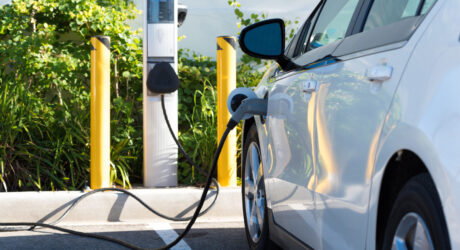
A Guide to Electric Car Batteries

EV Home Charger Installation Guide: How to Charge an EV at Home
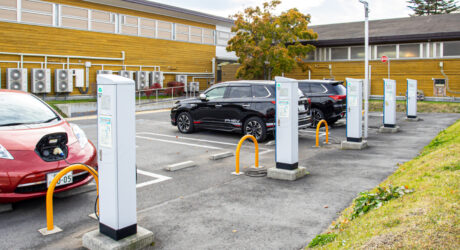
OZEV Grant: What Is It and Am I Eligible?

The Best Apps for Finding EV Charging Stations

Electric Car Home Charging Stations: The Top Ten EV Chargers for Your Home

Should I Buy a Used Electric Car?
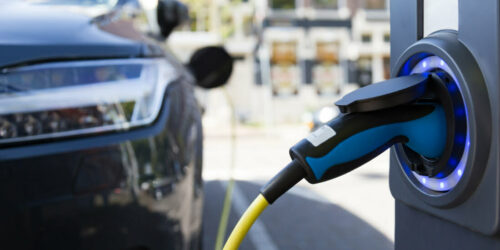
Electric Vehicle Range







